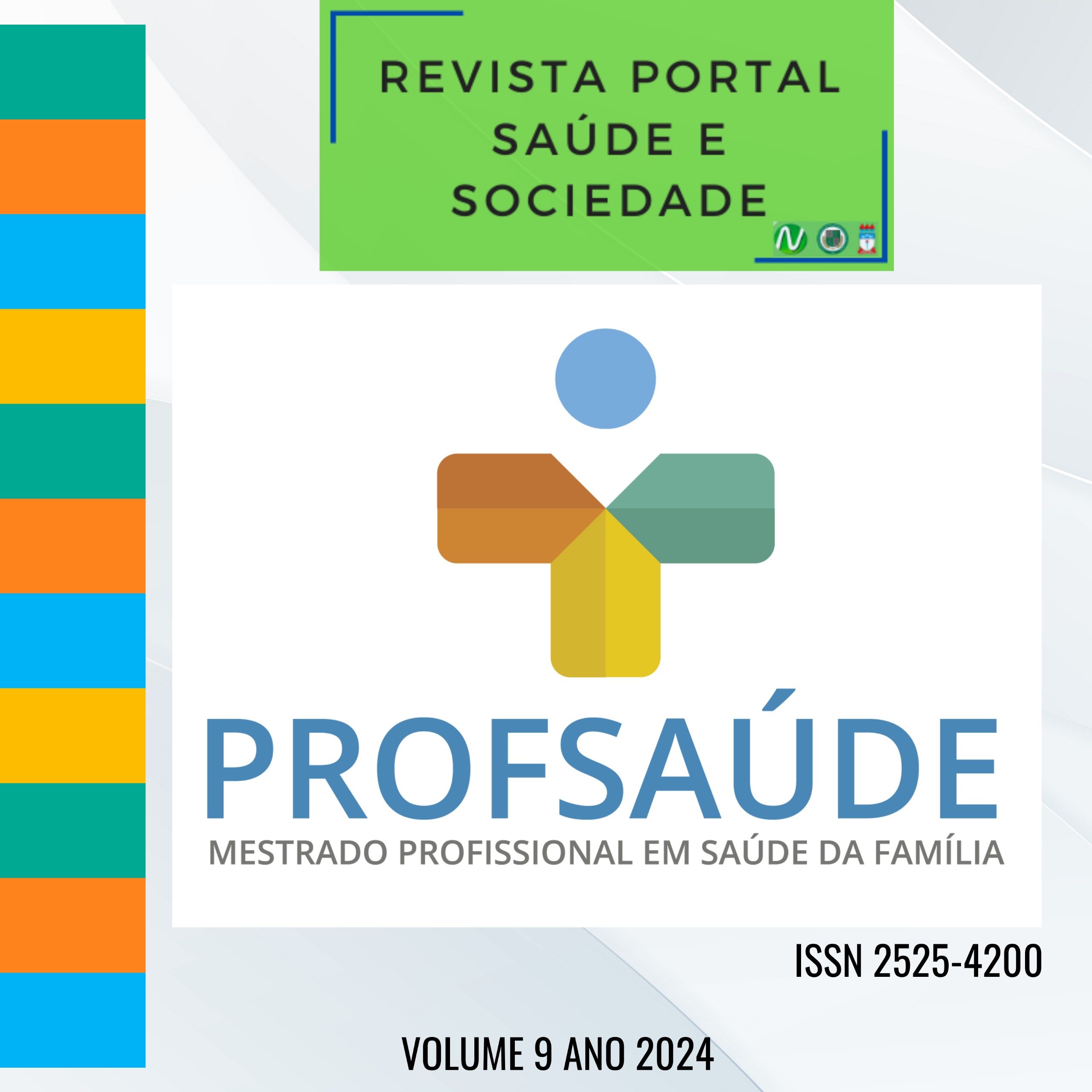Lesbian, bisexual, and transgender women's narratives about access to healthcare
DOI:
https://doi.org/10.28998/rpss.e02409008espAbstract
Introduction: Ensuring the principle of equity requires an understanding of how the interaction of various social markers of difference - such as sexuality, gender identity, social class, race/color, ethnicity, etc. - leads to vulnerabilities in different bodies. This phenomenon is evident in lesbian, gay, bisexual, transgender, and transvestite (LGBT) people, who often face barriers to accessing healthcare. Objective: To learn more about the care-seeking trajectories of people who self-identify as cisgender lesbian women, bisexual women, or transgender men. Methods: Qualitative research using in-depth interviews to reflect the subjectivity, characteristics, and experiences of each of the participants. Interviews were analyzed from a content analysis perspective. Results: The narratives reveal that there is a lack of spaces aimed at listening to and accepting differences. Violent and inappropriate treatment is widespread and reinforces the stigmatization and segregation of bodies that challenge gender and sexuality norms. Conclusions: (Cis)heteronormativity impacts the training of health professionals and is reflected in their practice, meaning that lesbian women, bisexual women, and trans men are excluded from access to care. This finding reinforces the need to foster health education processes that, in order to change this reality, are constantly open to reflection and the creation of new possibilities for action. This text is the result of the stricto sensu postgraduate program Professional Master's Degree in Family Health (PROFSAÚDE).
Keywords: Sexual and Gender Minorities; Equity in Access to Health Services; Right to Health; Health Education.
Downloads
Downloads
Published
How to Cite
Issue
Section
License

This work is licensed under a Creative Commons Attribution-ShareAlike 4.0 International License.
Esta revista adota a licença CREATIVE COMMONS CC-BY 4.0.
Autores mantém os direitos autorais dos textos publicados e concedem à revista o direito de realizar a primeira publicação do masnucrito. O trabalho é licenciado sob a Creative Commons Attribution License. Isto significa que o compartilhamento do trabalho é permitido, com o devido reconhecimento da autoria do trabalho e publicação inicial nesta revista.
As contribuições dos autors devem seguir as recomendações internacionais - International Committe of Medical Journal Editors: http://www.icmje.org/recommendations/browse/roles-and-responsibilities/defining-the-role-of-authors-and-contributors.html
O autor deve declarar que o artigo é original e que não foi publicado ou submetido em outro periódico, não infringindo qualquer direito autoral ou outro direito de propriedade.
Uma vez submetido ao artigo, a RPSS reserva-se o direito de fazer alterações normativas, ajuste ortográficos e gramaticais, a fim de manter o padrão linguístico, mas respeitando o estilo do autor.
Os artigos publicados tornam-se propriedade do RPSS. Mesmo assim, todas as opiniões expressas são de responsabilidade dos autores.
Esta é uma revista de acesso aberto, é permitido o uso gratuito de artigos em aplicações educacionais e científicas, desde que a fonte seja citada sob a licença Creative Commons CC-BY.





 Siga-nos no instagram
Siga-nos no instagram Ouça nossos podcasts
Ouça nossos podcasts









